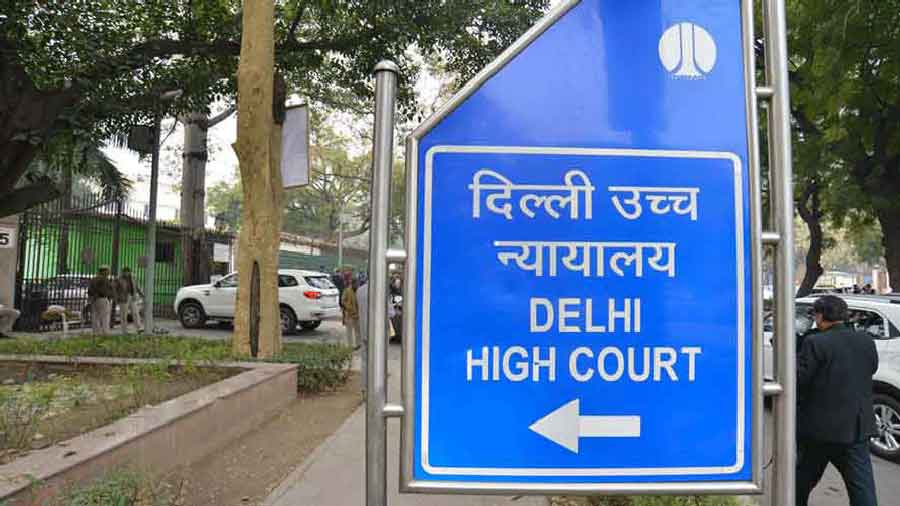India is known as a land of contrasts. But few contrasts are greater than the one between statements of the judiciary and the everyday reality that gives rise to them. The Delhi High Court reportedly said in a recent case that the freedom of choice in marriage is integral to Article 21 of the Constitution. The right to choose a life partner according to the law is an essential part of personal liberty: it is thus a symptom of the presence of liberty in daily life. That this basic principle should have to be repeated by the courts through the years is sad enough. But the Delhi High Court added — other courts have said this too — that questions of faith have nothing to do with this choice. The repetition is necessary amid the divisiveness that has become more of a daily presence than freedom, tolerance and respect. The court’s reported phrasing also placed in proportion the issues of personal freedom and the place of religion in civil life, which together define the priorities of a secular society in a multi-religious country.
In contrast to the progressive vision implicit in the court’s statements was the occasion for them. The Delhi High Court was sitting on the bail pleas of the grandmother, mother and sister of a woman who had married outside her faith. Although the sister was granted bail, the older women, who allegedly encouraged and participated in the violence against the groom — beating him up, maiming him and throwing him into a drain — were not. Not just the fact of violence but the cruelty and crudeness of it exposed layers of hatred, which seem to be more confidently displayed nowadays. This is inevitable in a country that allows states to formulate laws against a non-existent phenomenon called love jihad. Apart from the rage against an interfaith marriage, there was also the hatred against a woman who exercised her freedom. These are now accepted and acceptable features even of Indian institutions, which is why the Delhi High Court had a firm message for the police to whom the couple had turned for help before the violence. The police are expected to act ‘expeditiously’ to help those who have married of their own will and according to the law. Is the contrast deepening?











